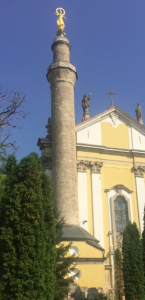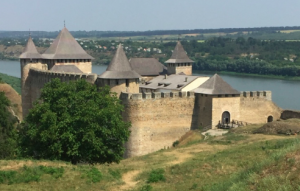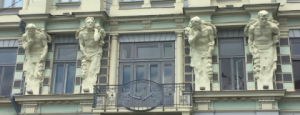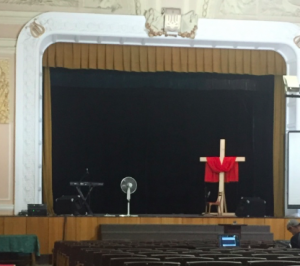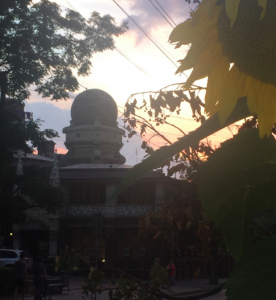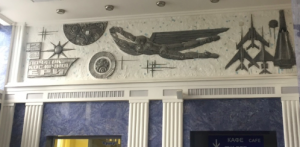- Facebook112
- Total 112
Senior Researcher: The Center for Information and Research on Civic Learning & Engagement (CIRCLE), Tisch College. Apply here.
Description
The Jonathan M. Tisch College of Civic Life prepares students in all fields of study for lifetimes of active citizenship, promotes new knowledge in the field, educates Tufts students and beyond for a life of active citizenship, and applies our research to evidence-based practice in our programs, community partnerships, and advocacy efforts. Tisch College’s work is central to Tufts University’s mission. Tisch College offers several opportunities to engage Tufts students in meaningful community building and and other civic and political experiences, explore personal commitments to civic participation, and take on active and effective roles in public life and to engage faculty in expanded active citizenship research and teaching. Tisch College also seeks to influence higher education in the US and abroad to embrace active citizenship maintly through its work via Institute for Democracy in Higher Education. CIRCLE (The Center for Information and Research on Civic Learning and Engagement) is a research-base think tank that studies how young peole in the United States learn to become active participants in our democracy, and studies a broad range of topics, from K-12 civic education, youth organizing, youth and civic media, to community characteristics that promote civic development. Although CIRCLE studies civic development and engagement of all youth, the central focus of its work is on expanding access to civic learning and engaement opportunities especially for marginalized youth from various backgrounds. CIRCLE is an influential force and a premier source of information —facts, trends, assessments, and practices—related to youth civic engagement. CIRCLE reaches both academic and practitioners audiences through both academic and popular media, including a large number of features in major news outlets. Founded in 2001, CIRCLE has been part of Tisch College since 2008 and CIRCLE staff are fully integrated into the organizational life of Tisch College and Tufts University, offering CIRCLE staff a number of opportunities to develop skills in and outside of research.
CIRCLE (The Center for Information and Research on Civic Learning and Engagement) is a research center that studies young Americans’ civic development. CIRCLE is seeking a Senior Researcher with deep backgrounds in quantitative research methodologies, and varied experience in planning and executing research projects of various scales, independently and as part of a professional team. The Senior Researcher will be a Tufts University employee and will work in the main CIRCLE office on the Tufts campus in Medford/Somerville, Massachusetts. Responsibilities include serving as the lead quantitative researcher on a range of research projects that may include secondary data-analysis, large dataset creation/analysis, literature reviews, field experiments, and original surveys. The Senior Researcher’s tasks include producing analytic plans, methodology documentations, datasets, reports, fact sheets, formal and informal research briefs and press releases on timely and relevant topics, often in close collaboration with CIRCLE colleagues. The Senior Researcher will assist research grant proposals writing especially with the methodology sections, and occasionally represent CIRCLE at a wide range of events including research conferences, practitioner forums, press events and other public events. The Senior Researcher will work alongside colleagues, including a current Senior Researcher, Director of Impact, and Researcher, and provide inputs and peer training to other CIRCLE staff who produce research (quantitative and qualitative). All CIRCLE staff report directly to Director of CIRCLE, who reports to Associate Dean of Research at Tisch College.
Qualifications
Basic Requirements:
- Minimum 5 years’ experience.
- Master’s degree in a discipline related to social science.
- Knowledge of statistical package, such as SPSS and STAT.
- Because of CIRCLE’s explicit focus on improving civic education and engagement for young people of color and other underserved youth, and because of Tisch College and Tufts University’s foundational commitments to diversity and inclusion, candidates with diverse backgrounds and experiences, broadly defined, are especially encouraged to apply.
Preferred Qualifications:
- Research experience in a professional setting in which quick deadlines and collaborative team work were common.
- Comfort with multiple projects and delegating and receiving tasks, and making decisions about research and analytic design choices with minimal guidance.
- Experience with multivariate statistical techniques, evaluation methods, and psychometric analysis.
- Experience with developing and executing surveys.
- Ability to communicate effectively with practitioners, reporters, scholars, and young people through writing, speech, and graphs.
- Ability to produce reliable, accurate, and readable research products on short deadlines.
- Ability to work collaboratively with CIRCLE colleagues from varied backgrounds and to interact with practitioners of diverse backgrounds, views, and positions.
- Ability to teach research methods to colleagues and student/workers.
- Concern for youth civic engagement is necessary; however, prior research in this specific area is not required.
- An employee in this position must complete all appropriate background checks at the time of hire, promotion, or transfer.
Equal Opportunity Employer – minority/females/veterans/disability/sexual orientation/gender identity.
Primary Location: United States-Massachusetts-Medford/Somerville
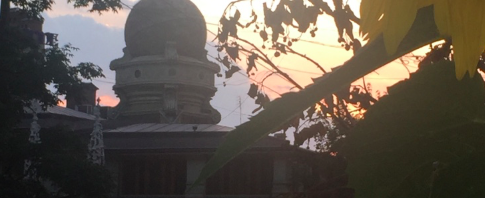
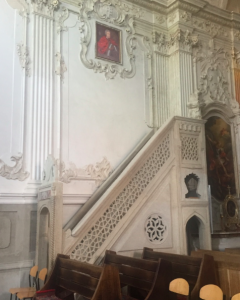 a minbar (the staircase a preacher ascends in a mosque) is preserved inside the rococo church of St Nicholas in Kamyanets-Podilsky.
a minbar (the staircase a preacher ascends in a mosque) is preserved inside the rococo church of St Nicholas in Kamyanets-Podilsky.